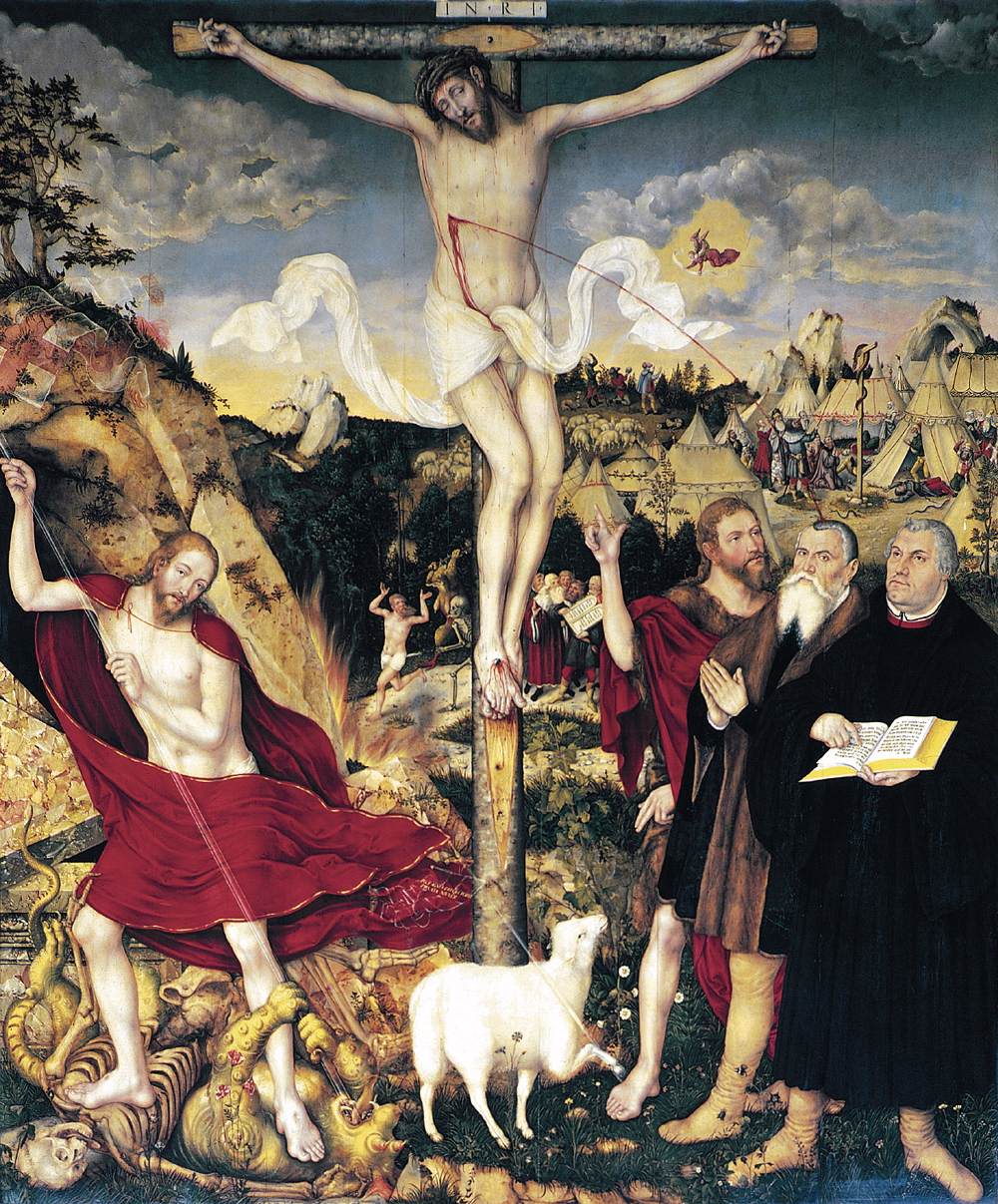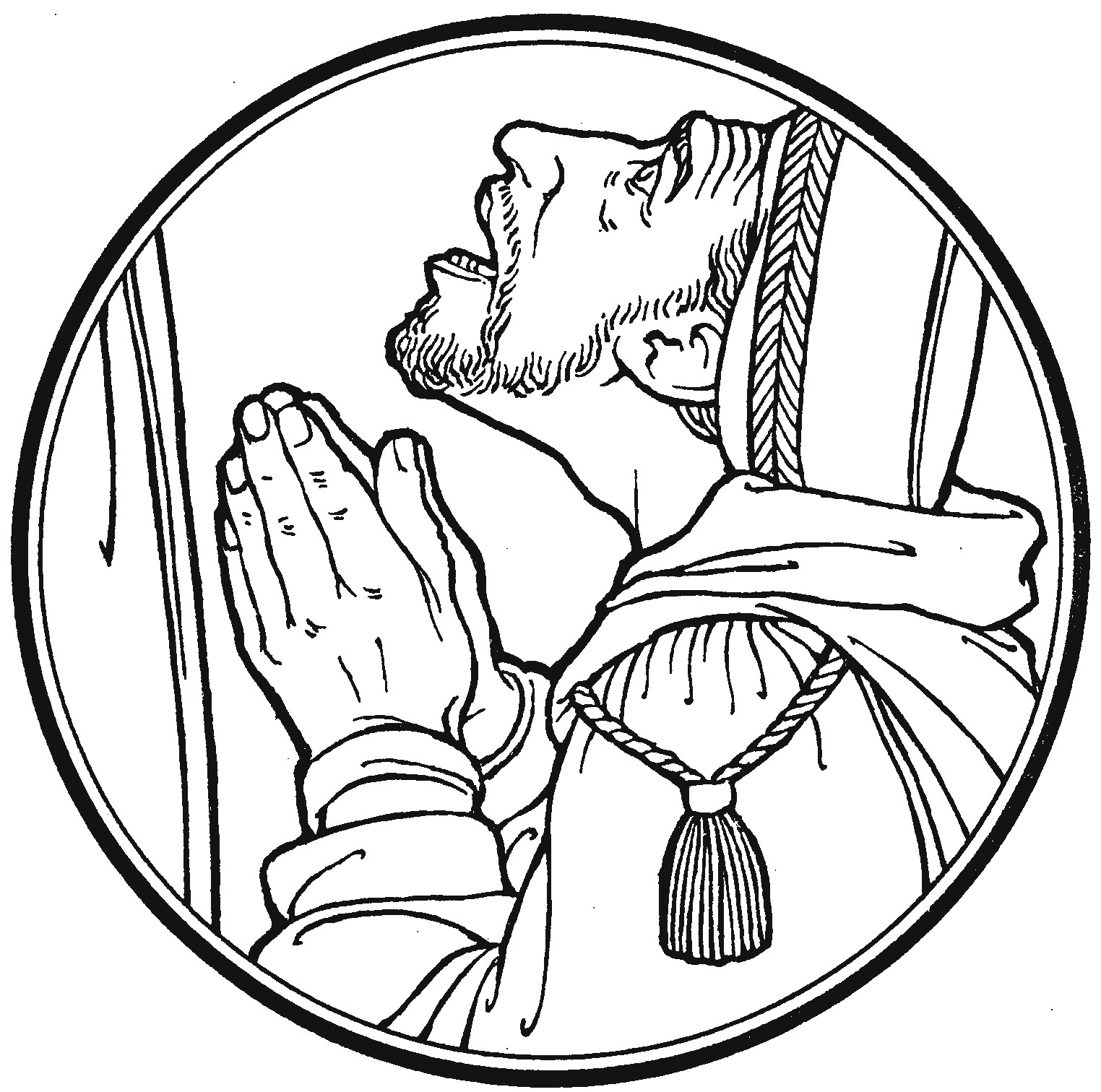Month: October 2018
-

Reformation Sunday (Matt. 11:12-19)
Bethlehem Lutheran & Bethel Lutheran, Lebanon & Sweet Home, OR Reformation Sunday + October 28, 2018 Text: Matt. 11:12-19 In the 1730’s, there began a movement in the Colonies that was later called The Great Awakening. It came with convincing preachers, stirred spirits, changed morals, and huge revival meetings. It transformed the religious and moral…
-

Twenty-first Sunday after Trinity (John 4:46-54)
Bethlehem Lutheran & Bethel Lutheran Church, Lebanon & Sweet Home, OR Twenty-first Sunday after Trinity + October 20, 2018 Text: John 4:46-54 God created His world good in six days. It was not just a snow globe to be kept on the shelf, but it was made to sustain and provide for life on earth. …
-
Twentieth Sunday after Trinity (Matthew 22:1-14)
Bethlehem Lutheran & Bethel Lutheran Church, Lebanon & Sweet Home, OR Twentieth Sunday after Trinity + October 14, 2018 Text: Matthew 22:1-14
-
Nineteenth Sunday after Trinity (Matthew 9:1-8)
Bethlehem Lutheran & Bethel Lutheran Church, Lebanon & Sweet Home, OR Nineteenth Sunday after Trinity + October 7, 2018 Text: Matthew 9:1-8 So, which is it? Which is easier to say, “Your sins are forgiven” or “Rise and walk”? Jesus leaves us with this two-edged question, because if we say it’s easier to forgive sins,…